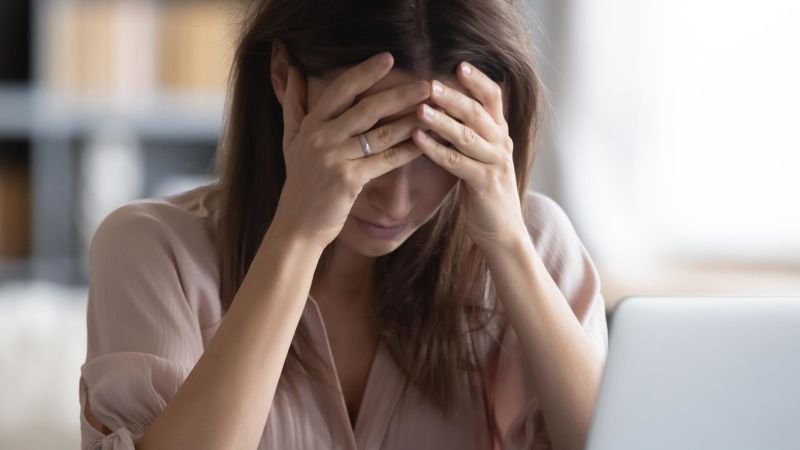How to deal with anxiety at home?
If you glance around, you will notice that most people report feeling worried.
Many individuals are understandably concerned and question how to relieve anxiety, especially with the development of COVID, followed by the Russia-Ukraine conflict and a worldwide economic catastrophe.
How to deal with anxiety at home?
Following are some techniques to cope with anxiety at home:
- Lifestyle changes
- Breathing techniques
- Mindfulness meditation
- Exercise
- Herbal remedies
- Seeking professional help
1. Understanding anxiety
The first step in treating anxiety at home is to understand what anxiety is and how it affects your body and mind.
Anxiety is a natural response to stress and danger, but when it becomes excessive, it can interfere with daily life.
Symptoms of anxiety include restlessness, irritability, trouble sleeping, and difficulty concentrating.
2. Lifestyle changes
Lifestyle changes can serve as natural anxiety relief. There are several lifestyle changes you can make to help reduce anxiety.
One of the most important is to get enough sleep. Lack of sleep can make anxiety worse, so it’s important to prioritize getting enough sleep each night.
Additionally, reducing caffeine and alcohol intake, eating a healthy diet, and avoiding nicotine can all help alleviate anxiety symptoms.
3. Breathing techniques
Ever wondered how to reduce anxiety immediately? Several studies and some celebrity neuroscientists like Dr Andrew Huberman believe that some breathing techniques can help the body and brain relax.
Breathing techniques can be a powerful tool for managing anxiety.
One technique is called “belly breathing.” To do this, sit or lie down in a comfortable position, place your hands on your belly, and take slow, deep breaths.
Focus on breathing in through your nose and out through your mouth, allowing your belly to rise and fall with each breath.
Another is the “double inhale” where you fully inhale and hold your breath to make another short inhale. After that you may exhale, emptying your lungs entirely.
4. Mindfulness meditation
Another effective strategy for anxiety management is mindfulness meditation.
This entails focusing your attention, without judgment, on the present moment.
To begin, locate a peaceful spot to sit, close your eyes, and concentrate on your breathing. When your thoughts wander, gently bring them back to your breathing.
5. Exercise
One of the top answers to how to cope with anxiety is exercise.
Physical activity is an excellent way to relieve anxiety.
Any form of exercise can be helpful, but activities like yoga, running, and swimming are particularly effective.
Exercise helps to release endorphins, which are natural mood boosters.
6. Herbal remedies
With herbal remedies, you may not reduce anxiety immediately, but they can help alleviate anxiety symptoms.
These include chamomile, lavender, and valerian root. Chamomile and lavender can be consumed in tea form, while valerian root can be taken in supplement form.
While research has shown that they help with anxiety, it’s important to speak with your doctor before starting any new herbal remedy.
7. Seeking professional help
While these home treatments can assist with mild to moderate anxiety, if you’re suffering severe symptoms, you should seek professional care.
A mental health expert can diagnose you and provide a treatment plan that is specific to your requirements.
Therapy, medicine, or a combination of the two may be used.
